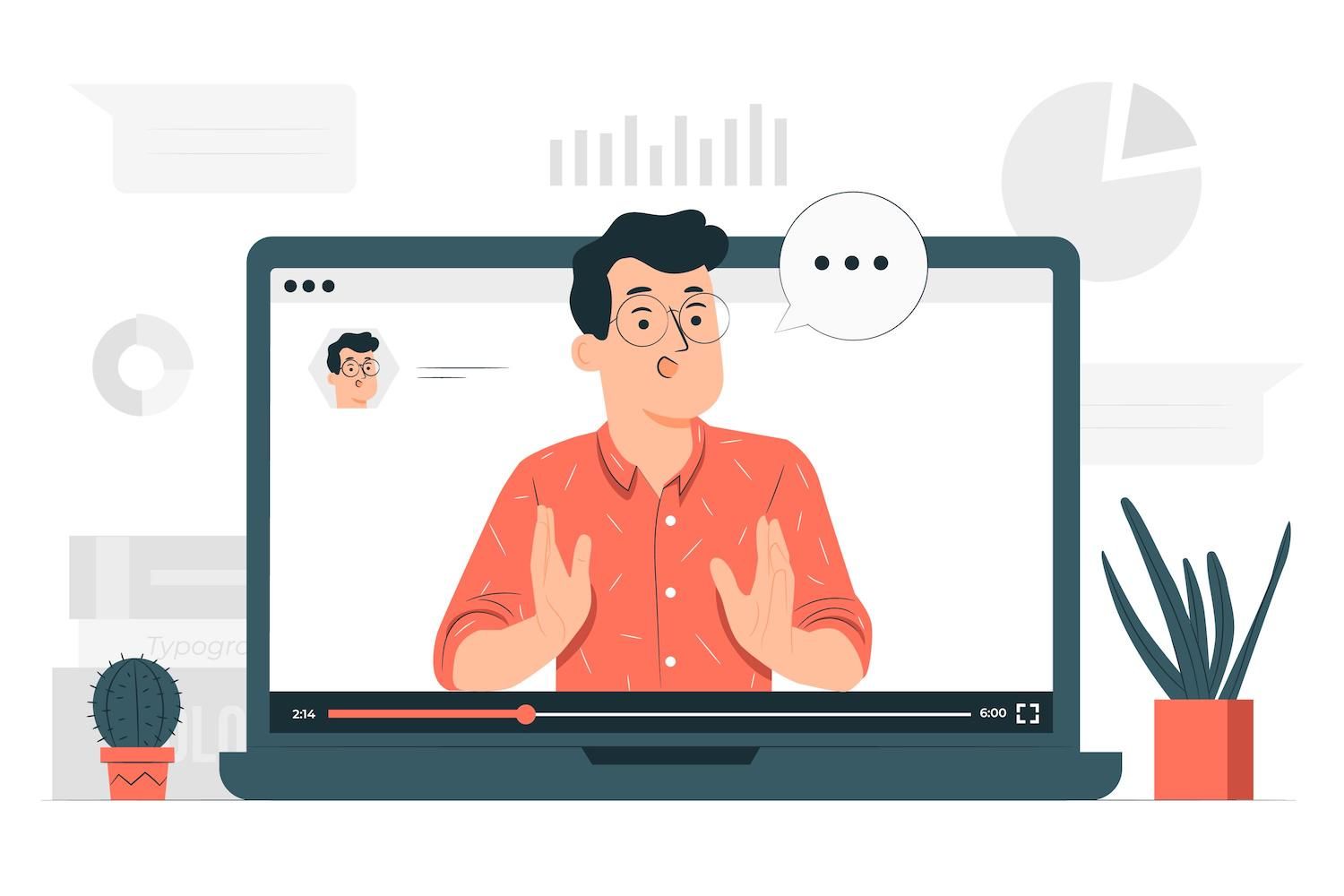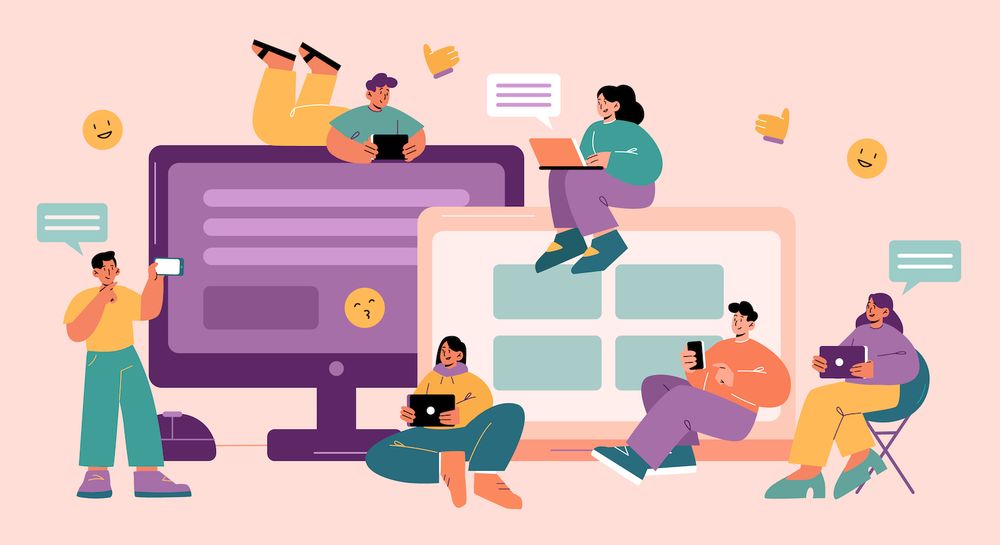How two brothers turned their struggling family business into a global name
When they were children, Kuni and Tomo Hijikata believed that their firm was worth fighting for. It was founded by the Hijikata family in Nagoya, Japan back in 1936, the Hijikata family's foundry made of cast iron was famous for its extraordinary accuracy. However, by the time it was in the early 90s its future at risk. Being the inheritors of the long-running company, Kuni and Tomo knew that it was their responsibility to keep their cast iron craftsmanship alive.
The two brothers worked with Toyota and Toyota Tsusho However, they recognized a chance in designing cast iron cookware designed to last generations -- so each brother quit their regular jobs and went all-in on saving the family's company. The brothers learned on the floor of the foundry, as craftsmen before launching the company in 2010. Vermicular began to take shape. When their first cast iron pot went on the market, the demand racked up a whopping 15-month waitlist, driven largely by the enthusiastic spread of word.
10 years on, Vermicular is now a decade old. Vermicular team has set their targets for expansion across the globe, now offering their products in markets like the U.S., China, as well as beyond. To best communicate the value of their cookware in new, international markets, Vermicular has invested heavily in videos to help spread the word. "Without our videos, we'd have a tougher to expand our operations," says Mark Hayashi who is Vermicular's Chief of the U.S. Office. We spoke to Kuni, Tomo, and Mark to find out more about Vermicular's approach to going global by using video. See their stories above and then read the entire interview here.

"We often think of our video assets as become an extension of our products and brand. Videos are more powerful over writing, and this is true especially when it comes to cooking." Mark Hayashi, Vermicular's Head of the U.S. Office
How did you develop this product?
Tomo: "I thought that we could make use of our company's experience in casting iron to design enameled cast iron containers that have lids perfectly fitted. However, there was no precedent of this process in Japan. We were aware that we'd be required to create the process on our own.
To master everything that we could about the subject, Kuni and I sat at the bottom of the foundry. Kuni became a casting craftsman and I became a precision machinery specialist. It took us three years and over 10,000 iterations to create a prototype which met our expectations."
What was the process of establishing your brand in Japan?
Mark: "Brand storytelling has always been at the core of our marketing and communication strategies. The telling of stories about our distinctive tradition and dedication to quality resonated with our audience and allowed us to connect with our customers on a more personal level.
We started by crafting ideas for videos around our brand mission. Whether creating a brand story video or how-to-product tutorial We make sure that they reflect our values and who we are. We began by saying that we did not focus too heavily on sales in the short term, but instead prioritized maximizing the customer's satisfaction from a longer-term perspective."
What's been the biggest obstacle in building the Vermicular brand beyond Japan?
Mark: "Our biggest challenge was the language barrier. Since the launch of the Vermicular brand in 2010, we've established a solid reputation in Japan but none of that could be transferred outside of Japan. It was a matter of creating the Vermicular brand from scratch that was a challenge and demanded intensive pre-launch preparations."
What was the first place you invested to help build international recognition of your brand?
The content you have created for your brand is clearly gorgeous. How have you achieved this high standard?
Mark: "We worked with a brand agency for the brand video and spent a lot of time discussing the overall look and feel' of lighting, wardrobe, and casting as well as food styling. Also, we spent a lot of time going between us on the creation of video storyboards that became the guiding star during the entire process, including day of shooting.
Since there are many different people in the shoot, there's almost always unexpected setbacks resulting in delays at the onset. Having a solid storyboard with a thorough shooting schedule can help set the right expectations and help guide all working on the shoot to look in the similar direction. The storyboards did not just provide a detailed plan for shooting days that were hectic and helped us avoid post-production woes. It's crucial for smaller companies with a limited budget."
Which are the best places to invest the money you earn while you expand?
Mark: "Our hypothesis was creating a product video along with a series of how-to videos to help our customers enjoy the maximum capabilities of our induction cookware. As stated in our brand policy, we don't come to an end once customers have made purchases of our cooking equipment.
Our goal is to make sure that our customers love cooking using the Vermicular cookware to the maximum extent possible. We've seen clear outcomes of these instructional videos as they aid in the education of owners but also help shoppers get a better grasp about the use of the cookware."
Has video assisted in building an image for Vermicular worldwide?
Mark: "Definitely! A lot. The way we think about our videos as an extension of our brand and our products. Although we may not have the largest budget, but we're spending hours trying to figure out the structure and narrative of our videos to most effectively tell the story of our brand. Visuals are always more effective over words which is especially relevant in the field of cooking."
What are the reasons the team use to host and embed your video?
Mark: "We prefer for a number of reasons, the primary is the customizable capabilities for video embedding. A clutter-free, ad-free user experience ensures seamless user experiences throughout the website , and also protects the 'touch and feel' of our brand.
Also, it allows us to share documents between our teams in Japan and the U.S. and Japan, which makes it easier to obtain feedback, even when you're thousands of miles apart."
What's coming up to be the next step for Vermicular?
Kuni: "More innovative products are being developed and we'll continue to expand our range of offerings across both the U.S. and across various Asian countries."
Mark: "We are currently strategizing our video content strategy that ranges from branded content that includes various producers and chefs, to explainer videos as well as how-to-videos which are going to be our most valuable assets for years to come."
